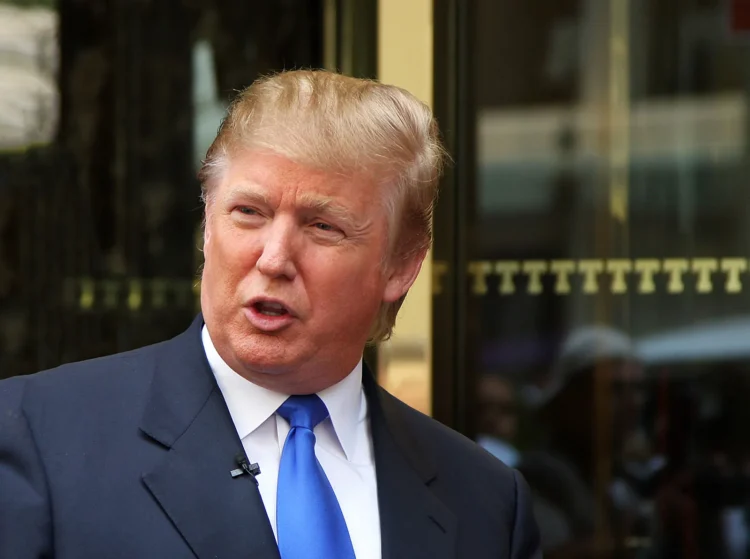By Aaron Miller-
Grand jurors are meeting again at a federal courthouse in Washington DC, as special counsel Jack Smith edges toward announcing charges over the January 6 insurrection, potentially against Donald Trump.
The storming of the Capitol on January 6 was an unprecedented attack on the heart of American democracy, and the investigations have led to a significant development.
Special counsel Jack Smith has long been been diligently examining the evidence , and close to announcing charges related to the insurrection, and the spotlight is now on former President Donald Trump. This essay explores the unfolding events, including Trump’s speeches at rallies, the possibility of charges against him, and the protocols expected to be included in this momentous legal process.
The January 6 insurrection was a watershed moment in American history, as a mob of Trump supporters breached the Capitol, interrupting the certification of the Electoral College votes and putting the lives of lawmakers and personnel in peril. The events of that day underscored deep divisions within the nation and raised questions about the role of Trump’s rhetoric in inciting the violence.
Donald Trump held numerous rallies across the country in a desperate bid to overturn the results of the U.S 2020 elections, often invoking passionate responses from his supporters. While many of these speeches contained typical political rhetoric, some have drawn scrutiny for their aggressive tone and call for his followers to “fight” for their beliefs.
These rallies served as a backdrop for Trump’s claims of election fraud during the 2020 Presidential election, which culminated in the January 6 rally in Washington, DC.
His use of phrases such as “fight like hell” and “you have to show strength” in the context of contesting the election results have been called into question, as they may have contributed to inciting the violent actions of January 6. Critics argue that such language went beyond the normal bounds of political discourse, possibly encouraging some supporters to take matters into their own hands and resort to violence.
During the January 6 rally, Trump also directed criticism towards then-Vice President Mike Pence, who was presiding over the joint session of Congress that day. Trump expressed dissatisfaction with Pence’s refusal to reject the Electoral College votes, alleging that Pence lacked the courage to do what was necessary to overturn the election results. This criticism further fuelled tensions and potentially added to the atmosphere that led to the breach of the Capitol.
In the aftermath of January 6, the Department of Justice appointed Jack Smith as a special counsel to investigate and hold accountable those involved in the insurrection. Smith, a seasoned prosecutor, has been meticulously gathering evidence, conducting interviews, and scrutinizing Trump’s actions and statements to determine if any legal culpability can be assigned to the former President.
Potential Charges Against Donald Trump
The ongoing investigation has led to speculation about potential charges that could be brought against Donald Trump. While the nature of these charges remains uncertain until officially announced, legal experts have speculated about possible charges, such as incitement to insurrection, conspiracy, or obstruction of justice.
Proving incitement to insurrection or conspiracy requires establishing that Trump’s words and actions directly contributed to inciting the violence that ensued on January 6.
Many American legal experts believe prosecutors would need to demonstrate a clear link between Trump’s rhetoric at rallies and the subsequent actions of the mob that stormed the Capitol.
Obstruction of justice charges could also arise if evidence suggests that Trump sought to interfere with the investigation or hinder the legal process surrounding the insurrection.




